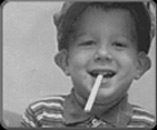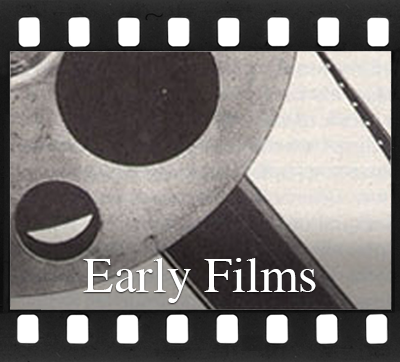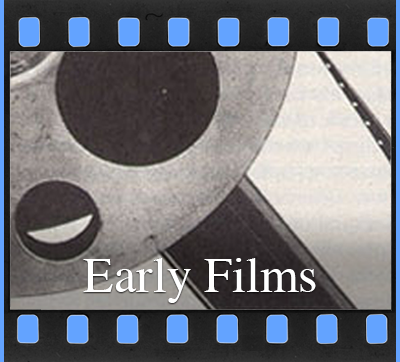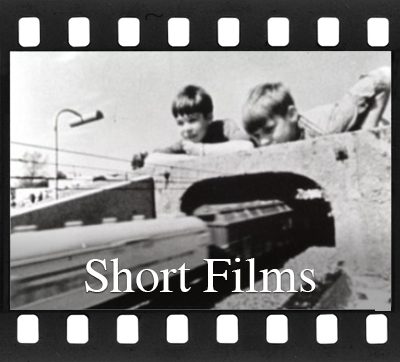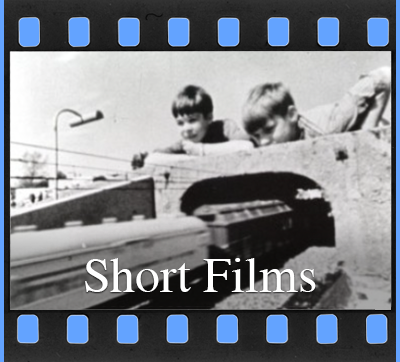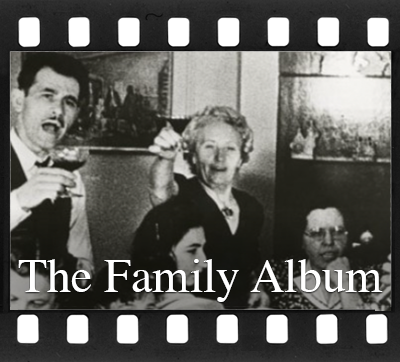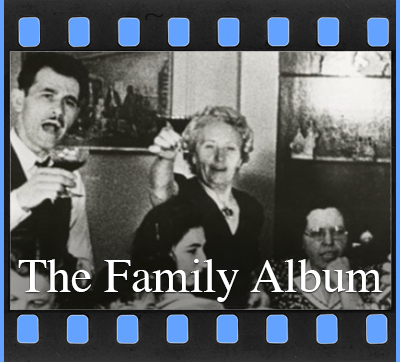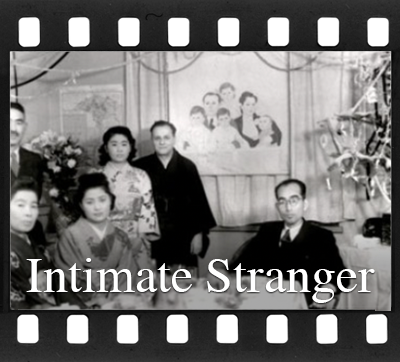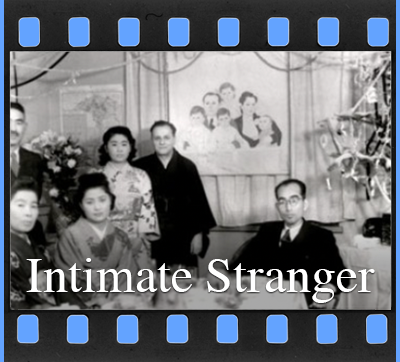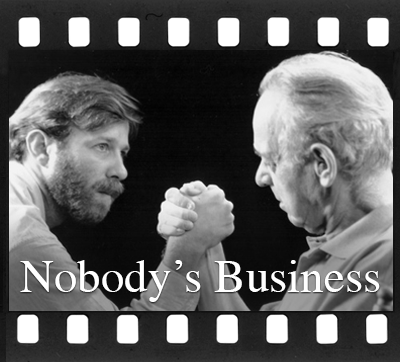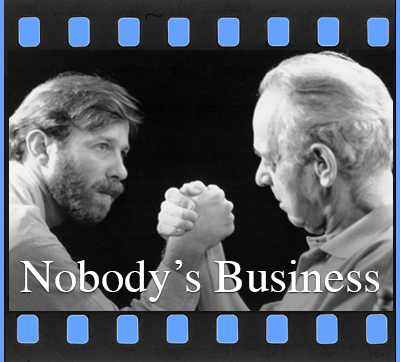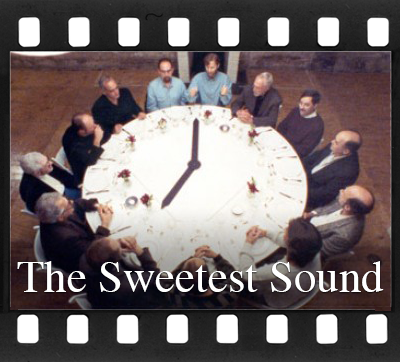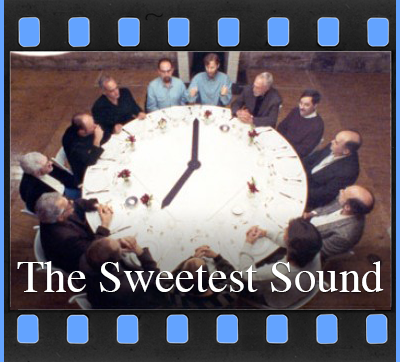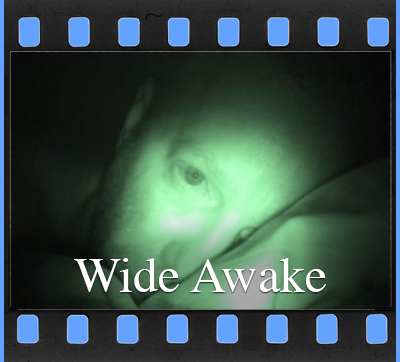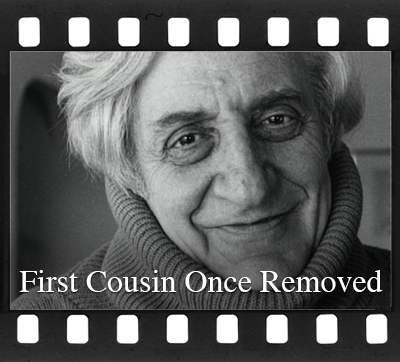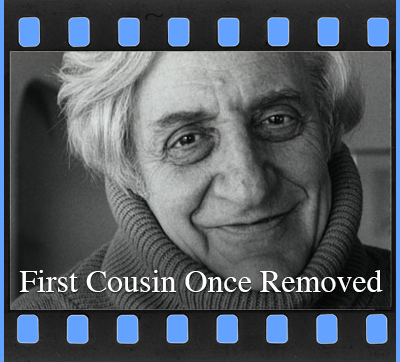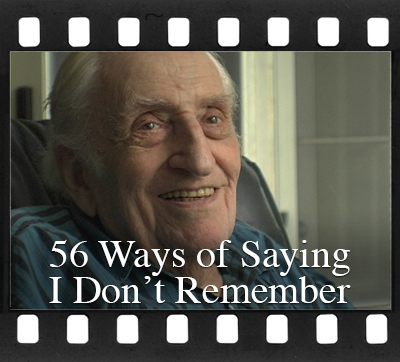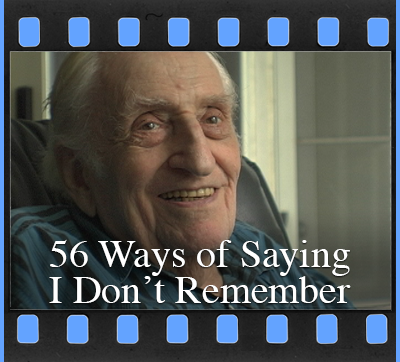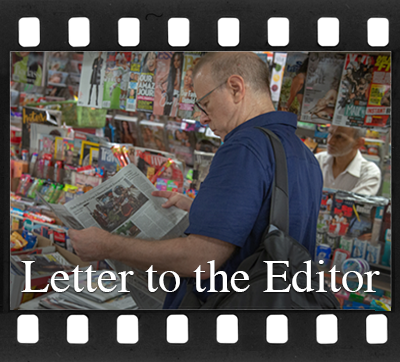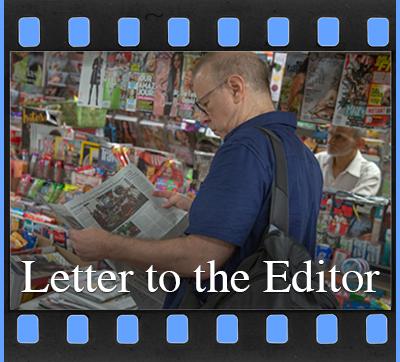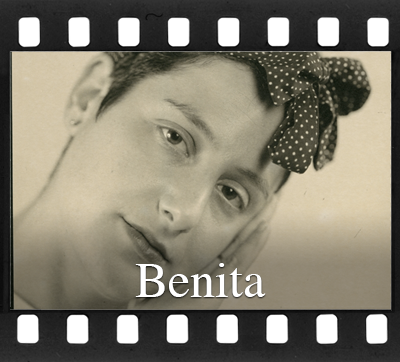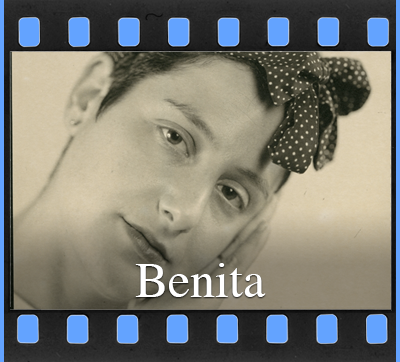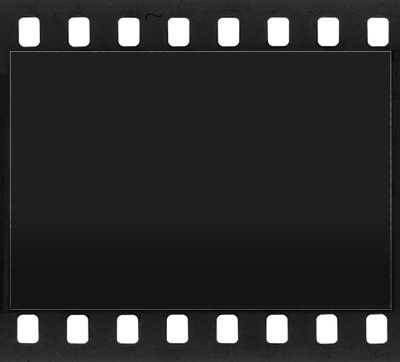WIDE AWAKE
Director’s Statement
Catalogue Essay
International Forum for New Cinema
Berlin International Film Festival
January 4th, 2006
3:31am
I am a creature of the night. The middle of the night is my special haven, the time I do anything I consider really important. By the time I finish writing these notes, they will have been written entirely at night; not one word composed in the light of day.
I also make my films in the silence and solitude of the night. When I say, “make,” I really mean “edit,” because it’s only when I start to tinker with and weave together bits and pieces from the thousands of sounds and images I surround myself with, that my films – and the stories they try to tell -- begin to take shape. Going back to my short experimental collages from the 1980’s, right up to and including The Family Album, Intimate Stranger, Nobody’s Business, and The Sweetest Sound, all of my films were edited when most everyone else I know was sound asleep.
I remember sitting at my flatbed editing table during the making of Nobody’s Business, several long strips of 16mm motion picture film draped around my neck, realizing that (like my paternal grand-father, Benjamin Berliner before me), I am just a tailor. Instead of wool and thread, I sew information. Sound and image. Light and shadow. Time and space. I weave the fragments of my life, my history, my memory, my dreams – everything up to and including my best and worst instincts – into every film I make. But when all is said and done, I’m just a glorified tailor. A tailor who works the night shift.
Perhaps I should have begun by telling you that I’ve always had trouble sleeping. And when I do manage to fall asleep, I have trouble getting back to sleep. I learned as a young child that I was an insomniac. Over the years, dating back to elementary school, I’ve developed strategies to help get me through life as reasonably as possible. To be honest, I don’t know if I became a night owl because I couldn’t fall asleep at night (if I can’t sleep anyway, why not get out of bed and do something? Am I supposed to just lie there tossing and turning in a state of misery?), or if the reason I couldn’t fall asleep at night is because I’m somehow biologically “wired” to be a night owl.
Before making WIDE AWAKE, I had woven my sleep problems so deeply into the fabric of my life that they became invisible to me. Over the decades I’ve tried virtually ever known sleep remedy -- hot baths, warm milk, herbal teas, acupuncture, acupressure, changing mattresses, changing pillows, massage therapy, white noise, aromatherapy, hypnosis, yoga, homeopathic medicines, marijuana, Valerian Root, drinking myself to sleep, even lots sex before bedtime (I can recommend that one…) -- but it still never occurred to me to seek out a doctor’s help or advice. I never even knew there were such things as “sleep doctors.” I simply accepted my condition. I lived with it. I made the best of it. Over time, the night not only became my best friend, but also a source of inspiration.
*******
Everyone has an unexplored wilderness. Most of us have several. I keep asking myself why I felt such an urgency to dive inside and look behind the shadows of my sleep problem. Why I was finally willing to risk revealing some of the conflicts and contradictions that have shaped my life for so long. Why I felt strong enough to admit that the very condition that prevents me from sleeping, and separates me from my family, provides the fuel for my creative life at night, but also leaves me exhausted during the day. For someone who prides himself on being able to explain things, why I made WIDE AWAKE at this moment in my life still remains a mystery.
Maybe it had to do with the death of my father back on August 19th, 2001. Maybe it had to do with the shocking events (just three weeks later) of September 11th, 2001. (I live less than one kilometer from ground zero. The sound of the first crash woke me from a deep sleep. The second crash made me remember the first crash, which made me realize I wasn’t dreaming, which made me turn on the radio, which made me realize that life would never be the same.) Less than an hour later, when I got dressed and went out on the street, I witnessed the towers tumble to the ground with my own eyes. Two events shook my soul, all within a period of three weeks.
Maybe it had to do with getting divorced. Or marrying Shari. Or the arrival of our son, Eli.
Maybe WIDE AWAKE was the next step in my evolution as a filmmaker, a subject that could take me deeper and deeper into the laboratory of my life, searching for larger truths about the human condition. I’ve made enough films by now to understand what I want (and need) to do as a filmmaker: to make intensely personal work that transcends the specificity of my particular story, and stimulates (I wanted to use the word “dares”) you to re-think and reflect upon the circumstances of your own life.
Maybe I wanted to go to a place in my life and in my work that really scared me. This is probably a healthy instinct for artists to have at some point in their lives. But it also takes a little bit of recklessness, some foolishness, and a lot of blind faith to enter the dark forest of your fears.
Even before I began making WIDE AWAKE I knew that the decision to make a film about my sleep problems would only cause them to get worse. Consider the self-reflexive paradox of making a film about sleep when you are the one who is unable to sleep; who feels exhausted all the time; who’s too weary to concentrate on the film during the daytime. I’m remembering the countless times I would lie in bed, watching myself watch myself toss and turn in the middle of the night, unable to stop thinking about how my very obsession with making a film about sleep, had now became the source of the thoughts that were keeping me wide awake.
*******
I think what also attracted me to making a film about insomnia is that it allowed me to translate all of my sleep problems, my obsessions and my neuroses into the language of cinema: a mind that is unable to shut down at night is a mind that won’t fade to black; that can’t dissolve into silence; that can’t throw itself out of focus. Insomniacs are people who can’t edit themselves to sleep. I keep asking myself: how can it be that someone who believes that editing is the most aesthetically crucial (and most enjoyable) element of filmmaking, cannot “edit” himself to sleep?
But the challenge of inventing a vocabulary of sounds and images able to convey the complex (if dialectically opposed) experiences of sleep and sleeplessness also captivated me. How could I create a uniquely cinematic language capable of evoking the metaphors, the symbols, the ironies, the epiphanies and the poetics that best convey my true experience of insomnia? How could I translate my experience of the futility of trying to fall asleep, the blissful state of being asleep, the surreality of dream logic, the annoyance of waking up suddenly in the middle of the night, the frustration of being unable to fall back to sleep, and the exhaustion of waking up after a sleepless night – all in a way that you can understand, and even more importantly, recognize.
*******
The cinema is a dream machine. From the magical superimpositions of Georges Meliés at the turn of the last century to many of the Surrealist films of the 1920’s, with their implausible and inconceivable twists of image, thought and logic, many early filmmakers explored cinema as a new (and true) gateway to that terribly unstructured place we call the unconscious; a vehicle for shock, surprise and the discomfort (or disorientation) that came with the experience of “nonsense.”
Ever since, thousands of films have used montage to evoke a restless mind, a dream, a nightmare, a drunken stupor, a hallucination – the untidy process of thought itself. Inevitably, over the decades, an increasingly sophisticated, visually literate, post-modern (you might even say, jaded) viewing public has learned to decode, accept and even expect, disjointed logic as one of the natural extensions of cinema’s language. The surrealists might not like to hear it, but, as far as I’m concerned, there is no longer any such thing as “nonsense.” At least not in the cinema.
But what goes on inside my head when I’m trying to get to sleep is another story. The montage of my own nightly ruminations can be as random as a John Cage piano score, as surreal as Hans Richter’s “Ghosts Before Breakfast,” or as precise as a physics equation -- often all at the same time. My restless mind on the pillow throws thoughts around like a pinball machine.
*******
For the past 35 years, I’ve been randomly collecting old newsreels, educational films, music, sound effects, newspaper articles and photographs, glass slides, 35mm transparencies, old magazines, anonymous family photographs, photo albums and scrapbooks, anonymous American family home moves from the 1920s, 30s and 40s -- all neatly organized and color coded on long metal shelves that line my studio… hundreds of thousands, who knows, maybe even millions of sounds and images that I’ve somehow committed to memory.
I think I’d go totally insane if I wasn’t a filmmaker. Filmmaking allows me to use the archive I’ve assembled as a tool. It gives me reasons to break everything down into parts, to see what kind of world (or worlds, or puzzles), might be made from re-assembling, (“re-editing”) the pieces. The sheer volume of information and material that I’ve surrounded myself with has been the foundation and a source of inspiration for almost all of my films and installations. For better and for worse, I now see that it’s also been the foundation of my inability to find tranquility in sleep.
I’m a miniature embodiment of the intense over-stimulation that surrounds me -- the enticements, distractions and never-ending intricacies of a media-saturated environment that bombards us with information, 24 hours a day, 7 days a week. With so much going on, with so much to do, with so little time -- it’s a wonder that any of us sleep at all.
Speaking of which… it’s now 5:23 in the morning. The garbage trucks are making loud noises outside my window. If I don’t stop writing now I won’t get to sleep before the sun rises. I’m not sure what time of day you’re reading this, but I’m certain it makes more sense at night.
- ◻ SYNOPSIS
- ✓ DIRECTOR'S STATEMENT
- ◻ FESTIVALS & SCREENINGS
- ◻ CREDITS
- ◻ SELECTED REVIEWS
- ◻ PRESS QUOTES
- ◻ VIEW CLIPS
- ◻ NY SUN REVIEW
- ◻ SLATE REVIEW
- ◻ HBO TRAILER
- ◻ PHOTOS
